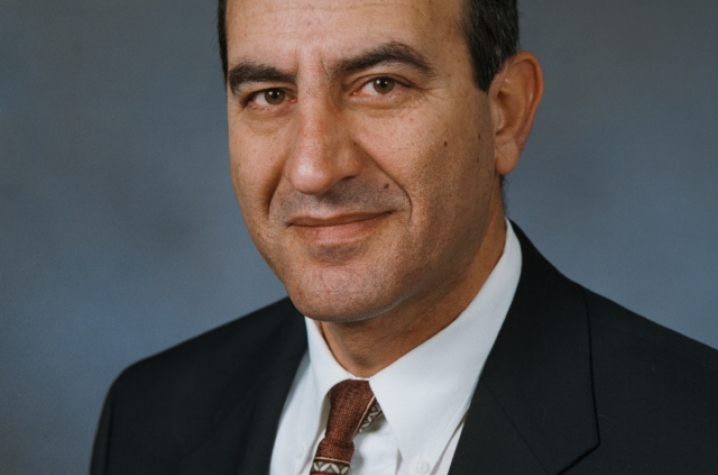Talking to Teens Can Help Prevent Suicide

LEXINGTON, Ky. (March 6, 2012) - The following column appeared in the Lexington Herald-Leader on Sunday, March 3.
Talking to teens can help prevent suicide
By Dr. Hatim A. Omar
Dealing with youth suicides is complex, and no “one method fits all” solution exists. Unlike adult suicides, youth suicides often happen in the spur of the moment, with no planning. This is why it is critically important to talk to teens about suicide before they get to that point.
Parents should talk to their children to make clear that suicide isn’t a solution, even during what seems like the most unbearable situation.
For teens, it is very important to have strong family connections and a feeling of being useful. A useful activity can be anything that can be done in a safe place and that allows them to interact with others. If one of these ingredients is missing, teens can feel that there is nothing for them tomorrow and become depressed.
What are the risk factors for suicide?
- Depression and other mental disorders.
- Family history of mental disorder or substance abuse or suicide.
- Family violence, including physical or sexual abuse.
- Firearms in the home.
- Exposure to the suicidal behavior of others, such as family members or peers.
What can young people do?
- Make a commitment not to contribute to violence in any way. Do not bully, tease or spread gossip.
- Step in when you see someone being bullied, don’t be afraid to stand up for someone the way you would want someone to stand up for you.
- Respect others and value differences.
- Avoid alcohol and drugs.
- Learn ways to resolve arguments and fights without violence, and encourage friends to do the same.
- If you know someone is planning to harm himself or herself, tell a trusted adult.
What are the suicide warning signs in depressed teens?
- Talking or joking about committing suicide.
- Saying things like, “I’d be better off dead,” “I wish I could disappear forever” or “There’s no way out.”
- Engaging in reckless behavior or having accidents resulting in injury.
- Giving away prized possessions.
- Saying goodbye to friends and family as if for good.
What can parents and adults do?
- Talk to your child about suicide. Don’t be afraid that you will be “putting ideas into their head.” Asking for help is the single skill that will protect your child. Help him or her to identify and connect to adults to talk to when they need guidance and support.
- Adults can also help prevent suicide by:
- Knowing risk factors and warning signs of suicide.
- Listening without judging. Allow for the discussion of experiences, thoughts and feelings.
- If you fear that a teen is suicidal, supervise constantly and don’t leave them alone. Ask whether your child has a plan to kill himself or herself, and if so, remove means such as firearms, knives or pills.
- Take action. It is crucial to get professional help for your child and the entire family.
If you or someone you know are in a crisis and need help right away, call the National Suicide Prevention Lifeline toll-free at 1-800-273-8255. All calls are confidential.
Dr. Hatim A. Omar is a professor of pediatrics and Chief of the UK Division of Adolescent Medicine.




